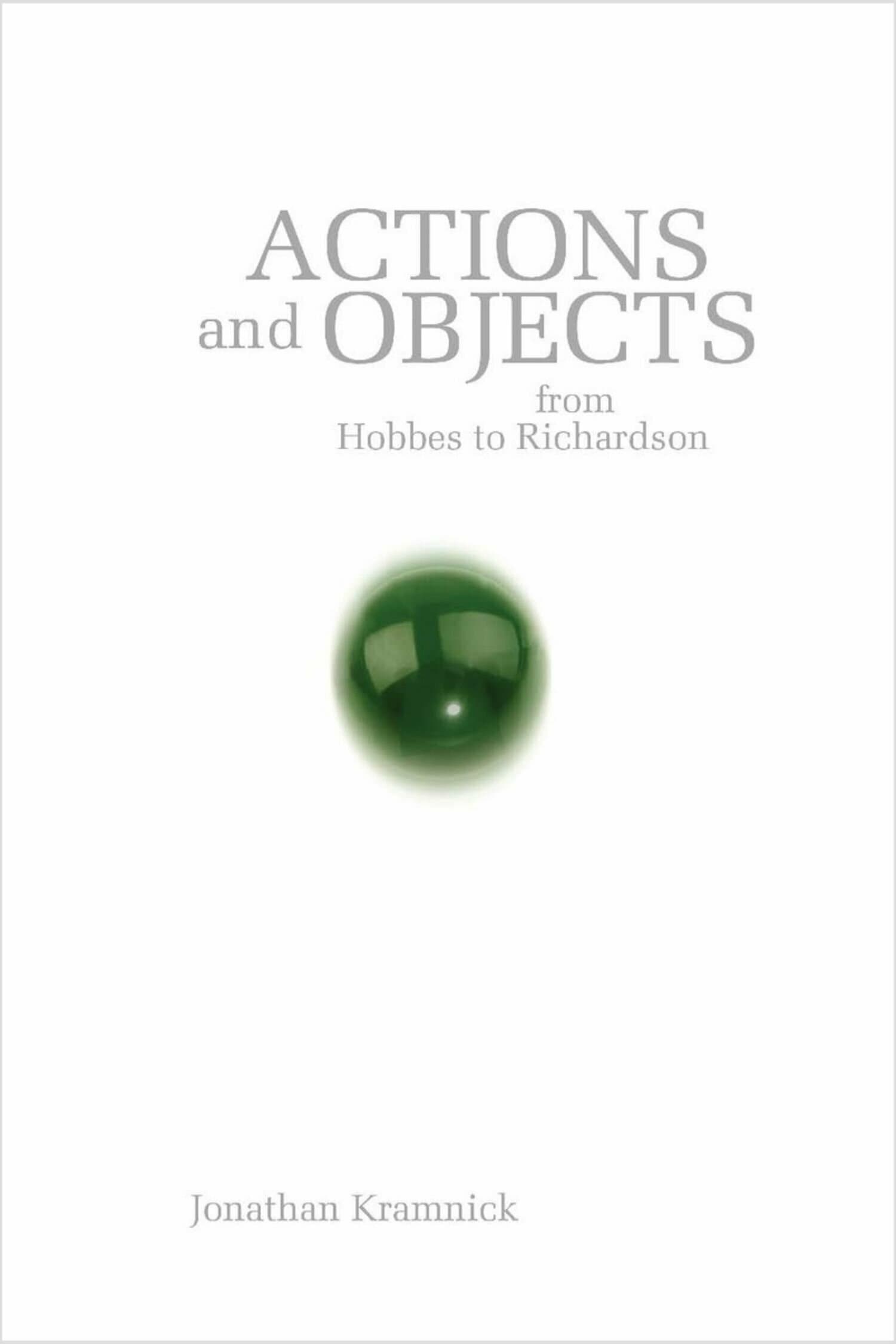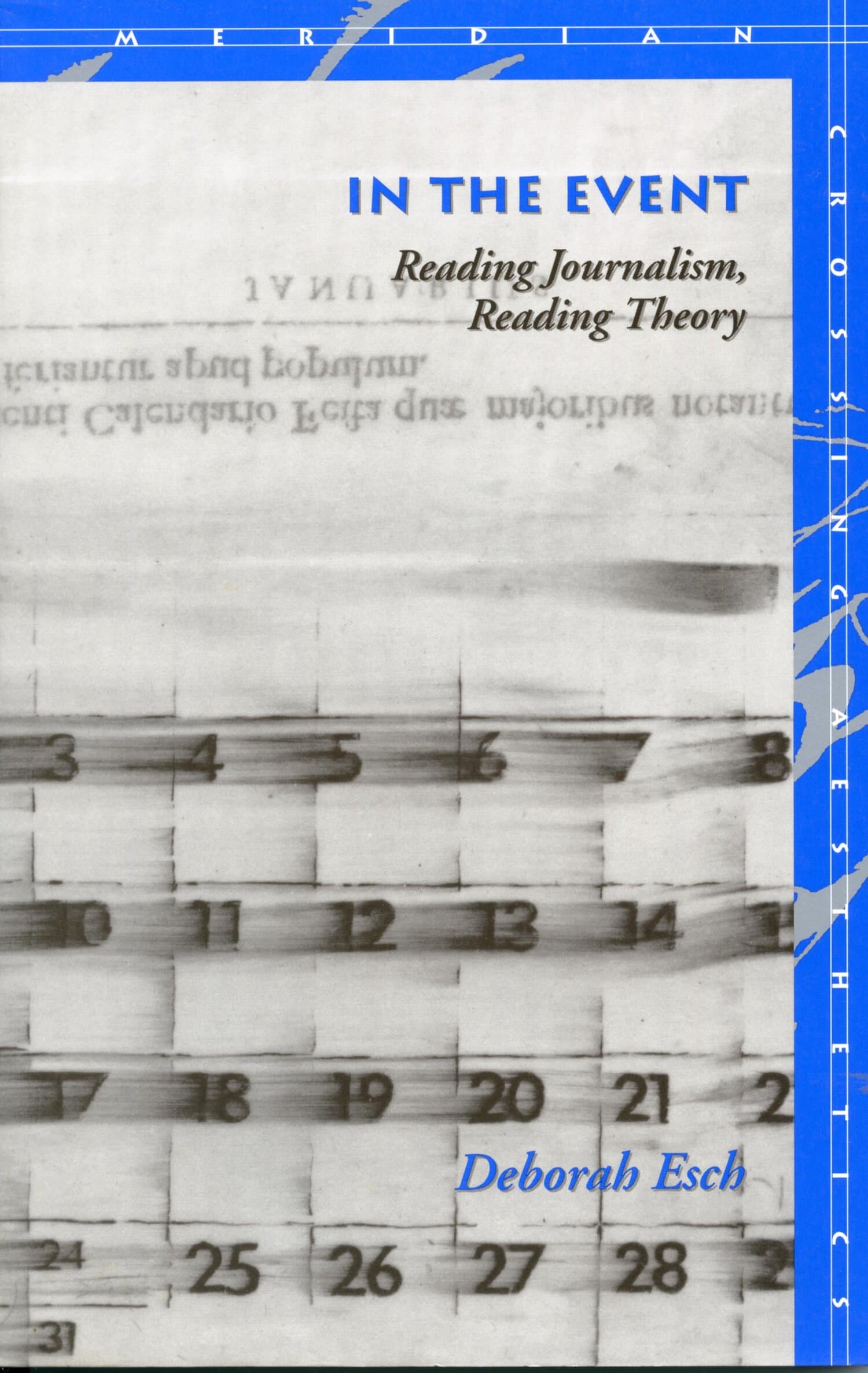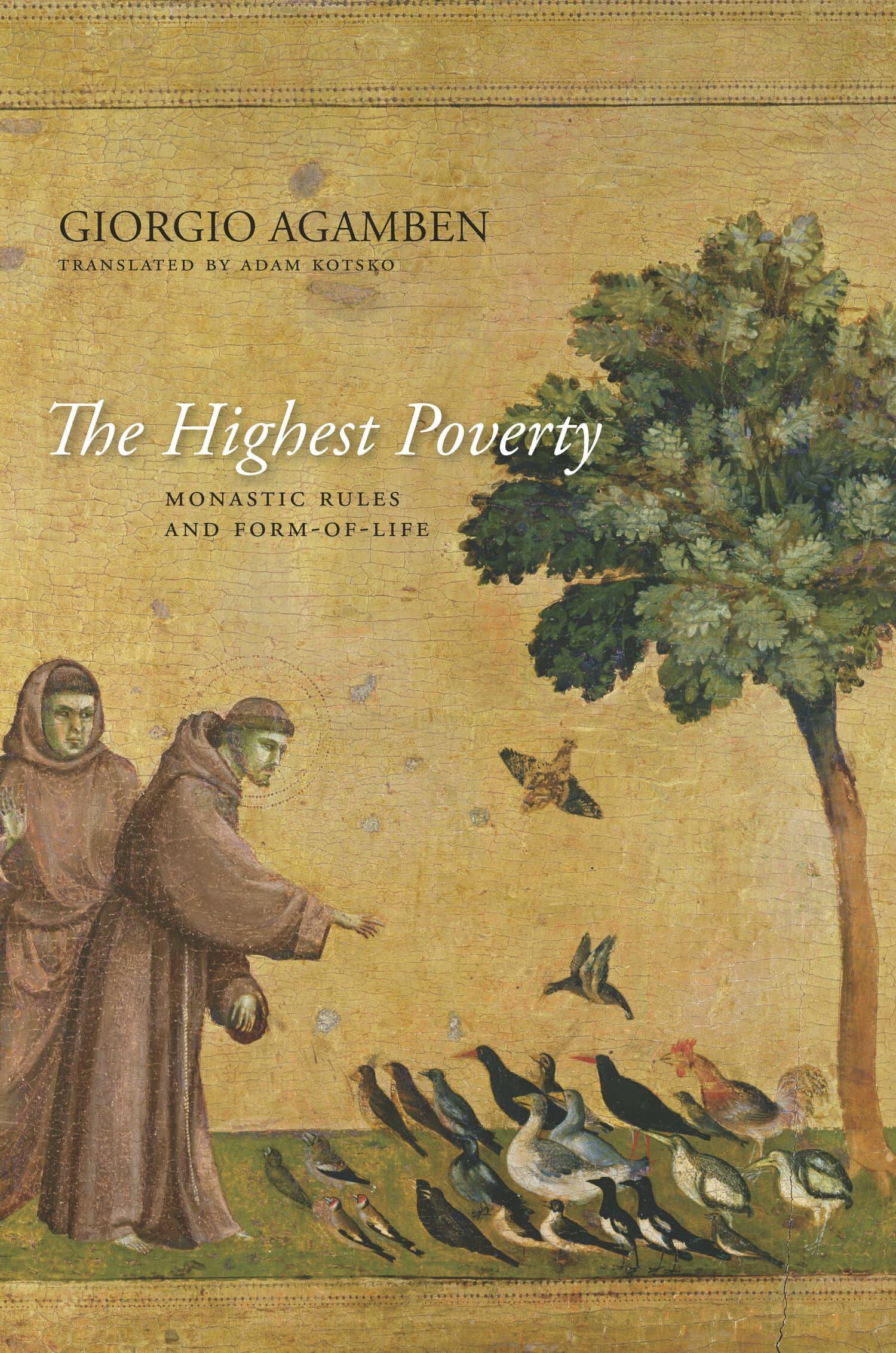Writing Against Time

For centuries, a central goal of art has been to make us see the world with new eyes. Thinkers from Edmund Burke to Elaine Scarry have understood this effort as the attempt to create new forms. But as anyone who has ever worn out a song by repeated listening knows, artistic form is hardly immune to sensation-killing habit. Some of our most ambitious writers—Keats, Proust, Nabokov, Ashbery—have been obsessed by this problem. Attempting to create an image that never gets old, they experiment with virtual, ideal forms. Poems and novels become workshops, as fragments of the real world are scrutinized for insights and the shape of an ideal artwork is pieced together. These writers, voracious in their appetite for any knowledge that will further their goal, find help in unlikely places. The logic of totalitarian regimes, the phenomenology of music, the pathology of addiction, and global commodity exchange furnish them with tools and models for arresting neurobiological time. Reading central works of the past two centuries in light of their shared ambition, Clune produces a revisionary understanding of some of our most important literature.
"Clune's exquisite new book asks how literature might arrest time's erosion of perceptual vivacity. He moves beyond the historicist orthodoxy that has so dominated literary study for the past twenty years."—Jonathan Kramnick, Johns Hopkins University, Nonsite
"This book reminds readers that the purpose of reading is to live outside of time, but also to enter a story that allows one to remember those moments when time seemed to stop . . . Summing Up: Recommended."—K. Gale, CHOICE
"What is striking about this book is the combination of enormous ambition and economical exposition. Its questions are big and its answers are provocative. Even better: we have the chance to see the world for a while through an enchanting mind. Thinking with Clune is sheer pleasure."—Amy Hungerford, Yale University
"Clune makes a powerful argument for how the literary critic, if properly aware of the literary subject's uniquely antagonistic relation to time and actuality, might contribute something new to other disciplines as opposed to remaining parasitic on their methods."—Sianne Ngai, Stanford University




